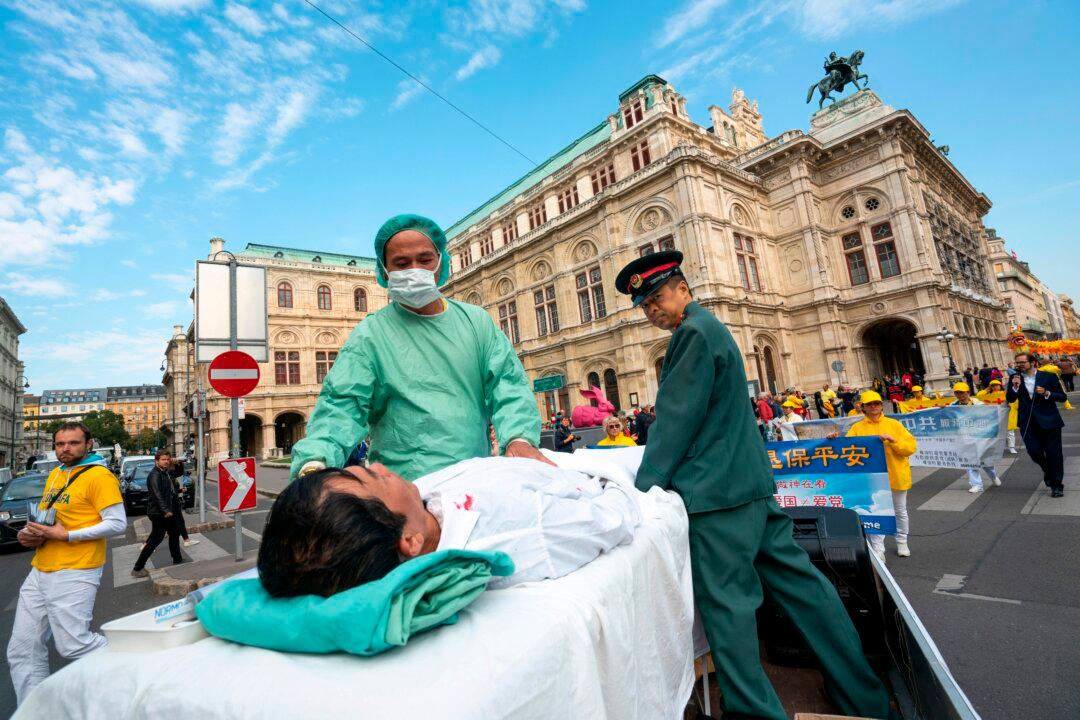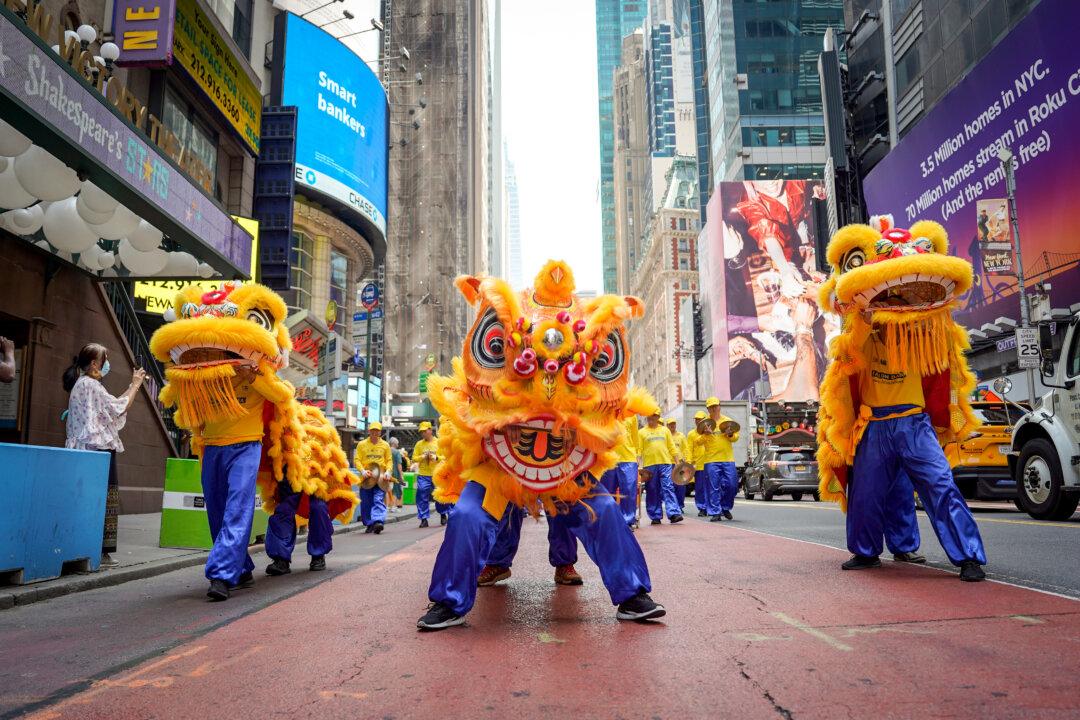An Australian organ transplant expert has warned hospitals and universities around the world to stop training surgeons from China, concerned they may participate in illegal organ harvesting when they return to China.
Prof. Russell Strong AC said that Chinese surgeons who receive medical training in the west may use what they’ve learnt to harvest human organs when they return to China.
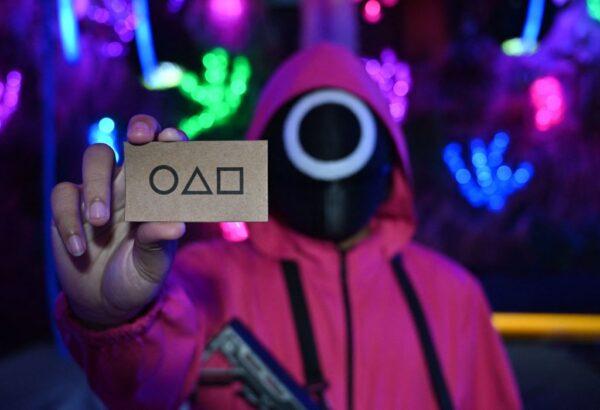
As a world-renowned surgeon who specialised in liver surgery, Strong successfully performed Australia’s first liver transplant in 1985.
He was honoured by Queen Elizabeth with a Companion of the Order of St Michael and St George in 1987 and received Australia’s highest honour, the AC, in 2001.
Professor Strong believes that the mainstream media has failed to cover the credible reports of forced organ harvesting in China.
“I think the mainstream media has really failed to report the atrocities that are going on and have failed to connect the people of the free world with the victims of forced organ harvesting in China,” he said.
“It’s all to do with money. It’s money over human rights and the human rights abuses in China are outlandish.”
“It’s time we woke up in this country and stop kowtowing to China,” he said.
In making his point, Strong drew a comparison to the subplot of the popular Korean Netflix drama, “Squid Game,” which saw characters competing in life or death games while living under extremely controlled circumstances in a facility cut off from the outside world. The characters who lost were killed and some secretly had their organs harvested for black market sale.
“The results of the examinations are reportedly registered in a database of living organ sources that facilitates organ allocation. According to the allegations received, the most common organs removed from the prisoners are reportedly hearts, kidneys, livers, corneas and, less commonly, parts of livers.”
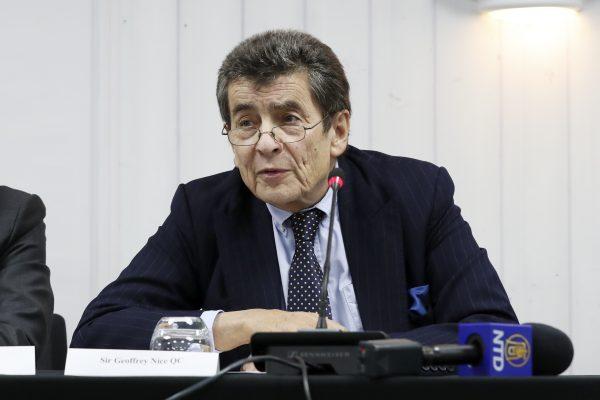
The bloody industry of forced organ harvesting is worth around $1 billion annually. Human rights groups put the estimated victims at 60,000 to 100,000 people every year.
Despite the evidence, Beijing firmly denied any involvement in forced organ harvesting, and referred to the UN statement as “fabricated” and “defamatory.”
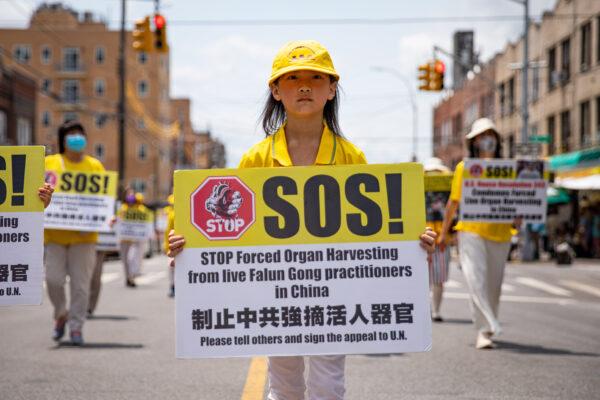
Trey said from 1984 the practice was limited to executed prisoners in China which kept the number of organ transplants low in the country. However, this changed in 2000 when the number of transplants skyrocketed.
“Since there is only a certain amount of capital offences and death sentences, before 2000, the number of transplants stagnated at a certain level. After 2000, the numbers of transplants increased significantly despite a plausible organ source,” Trey said.
He argued this was also around the time when the numbers of prisoners of conscience also increased dramatically in China and this he argues had a direct correlation with the increase in the number of transplants.
“In a country of 1.4 billion people, human life is replaceable in the eyes of the Chinese Communist Party,” Trey said. “A torture death won’t be investigated.”
Like Strong, Trey also sees the correlations with the Netflix drama Squid Game. But he doubts that the show will really demonstrate the true horror of forced organ harvesting.
“The show alone might not achieve the effect because it is seen as a fictional story of a movie, and because the actual practice, forced organ harvesting from living people is too outrageous to be seen as real,” he said.
